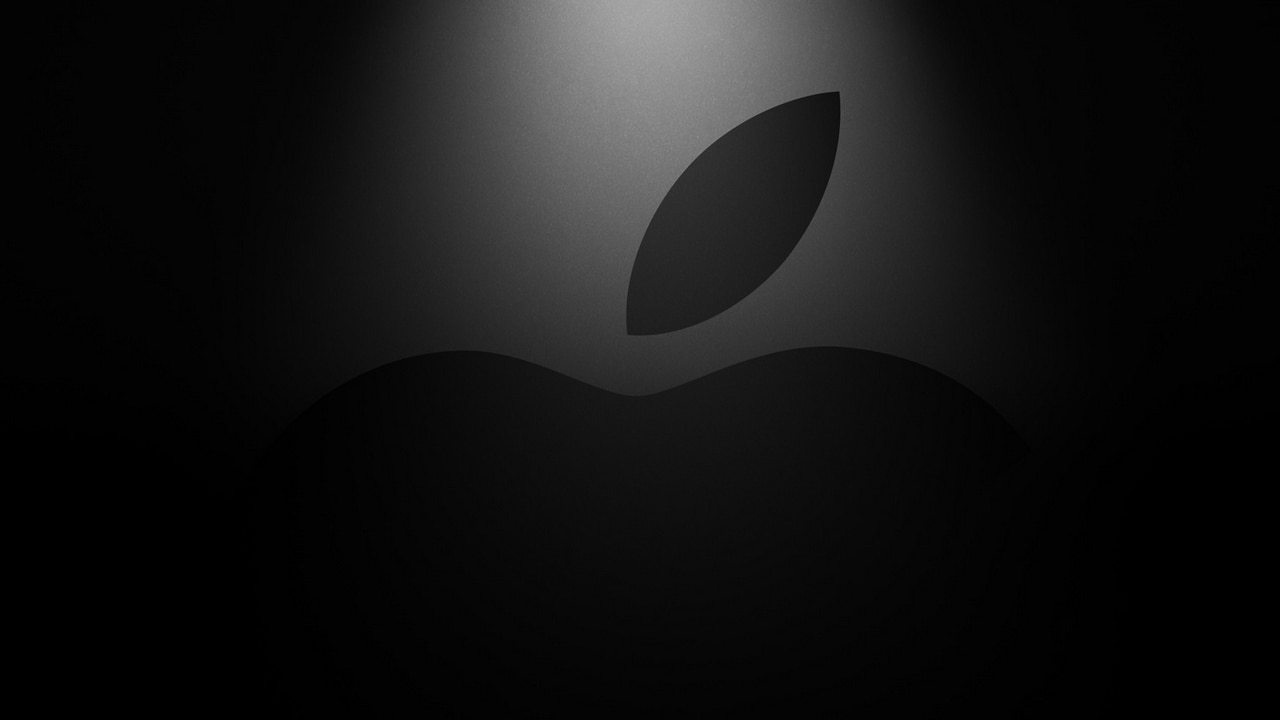The U.S. Supreme Court on Monday gave the go-ahead for a lawsuit by consumers accusing Apple Inc of monopolizing the market for iPhone software applications and forcing them to overpay, rejecting the company’s bid to escape claims that its practices violate federal antitrust law. [caption id=“attachment_6324661” align=“alignnone” width=“1280”]  Apple logo.[/caption] Apple shares were down about 5% after the justices, in a 5-4 ruling, upheld a lower court’s decision to allow the proposed class action lawsuit to proceed. The plaintiffs could seek billions of dollars in damages if they win on their claims that Apple required apps to be sold through its App Store and extracted an excessive 30 percent commission on purchases. Conservative Justice Brett Kavanaugh, an appointee of President Donald Trump, joined the court’s four liberal justices to rule against the Cupertino, California-based technology company and wrote the decision. Apple shares were trading down $10 at 187.04 by midday. The company, backed by the Trump administration, argued that it was only acting as an agent for app developers, who set their own prices and pay Apple’s commission. Apple had argued that a Supreme Court ruling allowing the case to proceed could pose a threat to e-commerce, a rapidly expanding segment of the U.S. economy worth hundreds of billions of dollars in annual sales. The dispute hinged in part on how the justices would apply a decision the court made in 1977 to the claims against Apple. In that case, the court limited damages for anti-competitive conduct to those directly overcharged rather than indirect victims who paid an overcharge passed on by others. Explaining the ruling from the bench, Kavanaugh said the 1977 precedent was “not a get-out-of-court-free card for monopolistic retailers,” an apparent allusion to the popular board game Monopoly. Noting that they pay Apple - not an app developer - whenever buying an app from the App Store, the iPhone users who brought the case said they were direct victims of the overcharges. Apple said the consumers were indirect purchasers, at best, because any overcharge would be passed on to them by developers. The court on Monday agreed with the consumers. “Apple’s theory would provide a roadmap for monopolistic retailers to structure transactions with manufacturers or suppliers so as to evade antitrust claims by consumers and thereby thwart effective antitrust enforcement,” Kavanaugh wrote. Dissenting from the decision, conservative Justice Neil Gorsuch, said the decision is “not how antitrust law is supposed to work” because it gives green light to the exact type of case that the court had previously prohibited. Gorsuch also was appointed by Trump. ‘Straightforward principle’ Mark Rifkin, a lawyer representing the plaintiffs, said he was gratified by the court’s decision, which “reaffirmed the straightforward principle that consumers who purchase a monopolized product directly from the alleged monopolist may sue the monopolist to recover the full amount of the overcharge they are forced to pay by reason of the monopoly.” Rifkin said the alleged overcharges paid by consumers “will be measured in the billions of dollars.” A spokeswoman for Apple could not immediately be reached for comment. The plaintiffs, including lead plaintiff Robert Pepper of Chicago, filed the suit in a California federal court in 2011, claiming Apple’s monopoly leads to inflated prices compared to if apps were available from other sources. They were supported by 30 state attorneys general, including from Texas, California and New York. Apple, which was also backed by the U.S. Chamber of Commerce business group, had sought to dismiss the case, arguing that the plaintiffs lacked the required legal standing to bring the lawsuit. After a federal judge in Oakland, California threw out the suit, the San Francisco-based 9th U.S. Circuit Court of Appeals revived it in 2017, finding that Apple was a distributor that sold iPhone apps directly to consumers.
Conservative Justice Brett Kavanaugh joined the court’s four liberal justices to rule against Apple
Advertisement
End of Article


)
)
)
)
)
)
)
)
)



